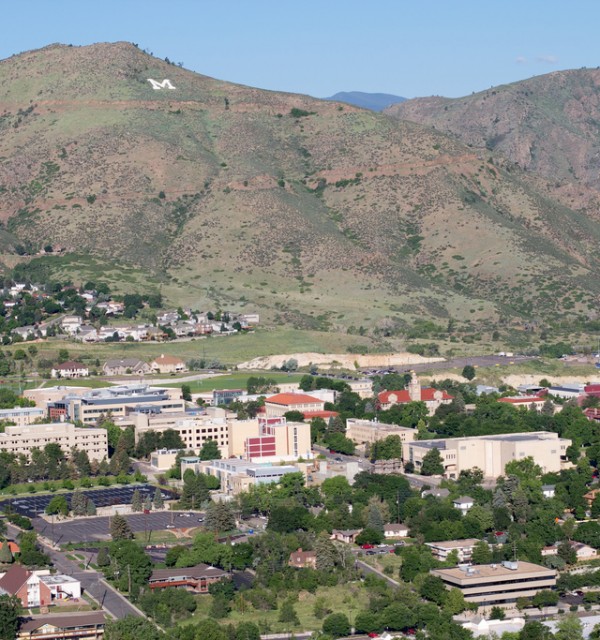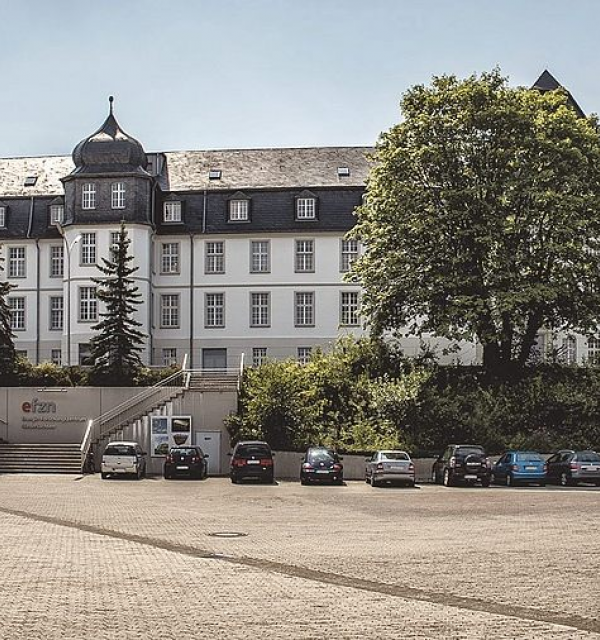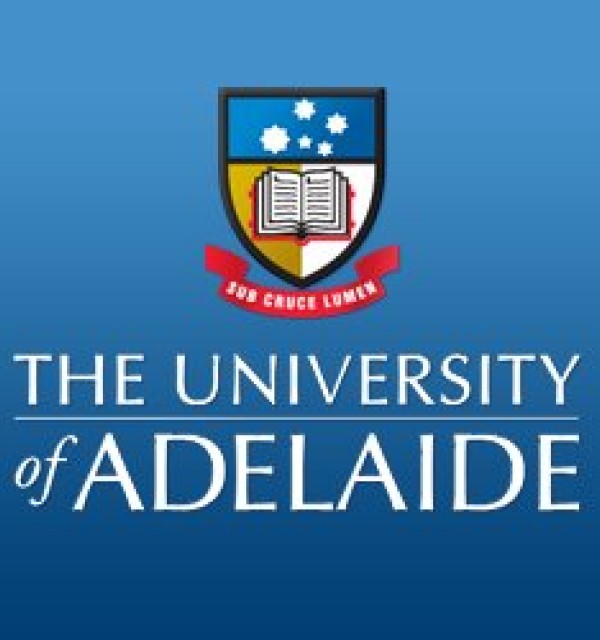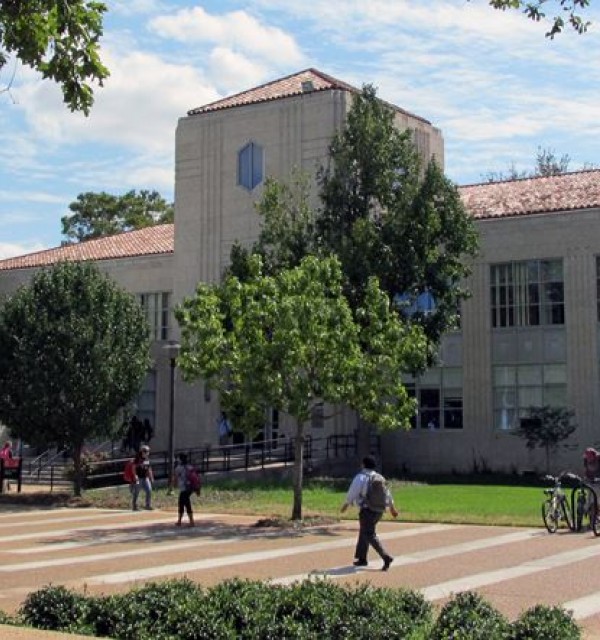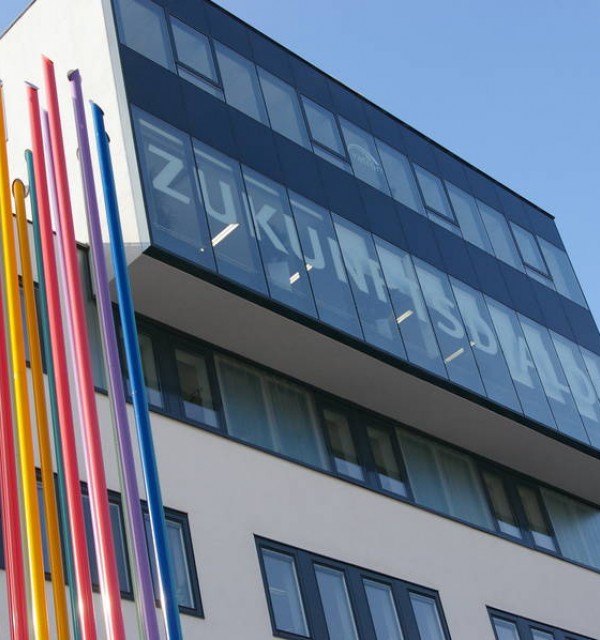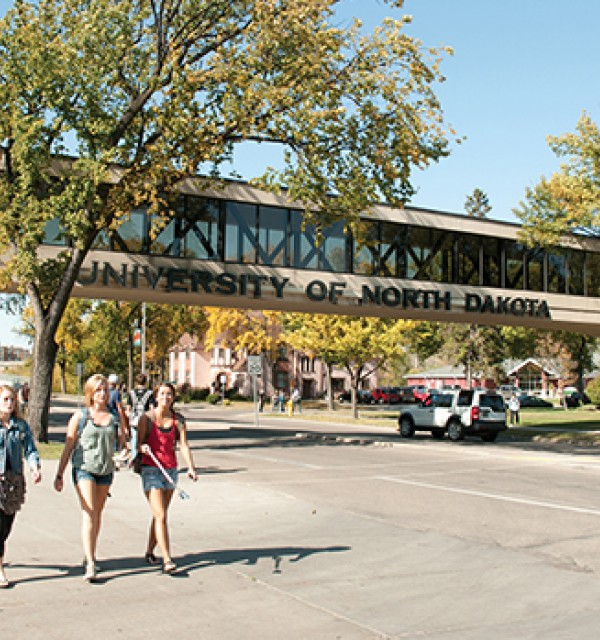Petroleum Engineering - Master of Science Degree Programme
Study programme description for study year 2023-2024
Credits (ECTS)
120
Studyprogram code
M-PETENG
Level
Master's degree (2 years)
Leads to degree
Master of Science
Full-/Part-time
Full-time
Duration
4 Semesters
Undergraduate
No
Language of instruction
English
The master’s programme in Petroleum Engineering at The University of Stavanger is open to Norwegian and international students. A master’s degree in Petroleum Engineering qualifies students for a variety of positions primarily within the petroleum sector, but also provides excellent opportunities in other sectors. The study programme offers a variety of petroleum engineering topics, including drilling and well engineering, petroleum production engineering and process engineering. The general goal is to educate competent engineers with theoretical and technical knowledge, giving them the ability to work independently, and to take responsibility for the interaction between technology, the environment, and society. The programme is research-based and provides a foundation for lifelong learning. The study programme also gives students the option to continue to PhD studies.
Programme content, structure, and composition
Of the programme's 120 credits, 30 ECTS is common courses that ensure a broad and common basis in key topics within petroleum engineering. The remaining 90 ECTS consist of 60 ECTS from specialisation courses and a master's thesis of 30 ECTS. The master's thesis is a large, independent project completed in the final semester, often in close co-operation with an external company.
All teaching is in English. This is a plus for any students who are planning to work in an international company where English is the language of business.
UiS is committed to offer all programmes according to plans but emphasises that this is subject to the availability of resources and/or students. Over time, the academic content and choice of topics may change due to general developments in the subject field, the use of new technology, and wider societal changes. All courses and programmes are revised annually.
A description of each individual course is provided, detailing:
- Working and teaching methods
- Course literature
- Evaluation methods
- Assessment methods
- Learning outcomes
Learning outcomes
Learning outcome
After having completed the master’s degree programme in Petroleum Engineering, the student shall have acquired the following learning outcomes, in terms of knowledge, skills and general competences:
Knowledge
K1: The candidate has advanced knowledge within the field of petroleum engineering and specialised insight into a particular area in this field.
K2: The candidate has in-depth knowledge of scientific theories and methods connected to the subject area. The candidate can apply this knowledge to new areas within the subject area and analyse technical issues based on the history, tradition, distinct nature, and societal importance of the subject area.
K3: The candidate can apply this knowledge to develop, manage and implement petroleum engineering solutions within the oil and gas sector.
Skills
S1: The candidate can analyse existing theories, methods and interpretations within petroleum engineering, and work on practical and theoretical issues independently.
S2: The candidate can independently carry out a specialised research or development project within petroleum engineering under supervision and in line with current ethical norms of research.
S3: The candidate can solve petroleum engineering problems by integrating different types of data used in the oil industry.
S4: The candidate can use state-of-the art technology and manage, develop and carry out processes within petroleum engineering.
General Competence
G1: The candidate can analyse relevant, professional, research and ethical issues.
G2: The candidate can apply her/his own knowledge and skills to new areas to carry out advanced assignments and projects.
G3: The candidate can communicate information relating to independent work to other petroleum engineers. The candidate has an excellent command of the terminology related to the subject area.
G4: The candidate can communicate, not just with other petroleum engineers, but also with the general public on professional issues within the subject area, thus contributing to the innovation process with new ideas.
Career prospects
The master programme in Petroleum Engineering educates highly qualified engineers for a wide range of jobs in the oil and gas industry. This is an international industry, and master students in petroleum engineering will have many opportunities on the international jobs market after completing their degrees
The general goal of the programme is to provide the candidate with a broad knowledge base to help manage the world`s petroleum resources in the most profitable and sustainable way.
A Master’s degree in Petroleum Engineering gives a solid foundation for admission to PhD studies in the areas relevant to the chosen academic specialisation. In particular, the PhD studies in energy and petroleum technology are relevant
Course assessment
Schemes for quality assurance and evaluation of studies are stipulated in Quality system for education.
Study plan and courses
Enrolment year:
-
Compulsory courses
-
PETMAS: Master's Thesis in Petroleum Engineering
Year 2, semester 3
-
-
Specialization
-
Specialization in Drilling and Well Engineering
-
Recommended Electives 3rd semester
-
PET675: Well Integrity and Permanent P and A
Year 2, semester 3
-
PET685: Economics and Decision Analysis for Engineers
Year 2, semester 3
Economics and Decision Analysis for Engineers (PET685)
Study points: 10
-
PET690: Well Completion and Intervention
Year 2, semester 3
-
PET695: Practical Training in Petroleum Engineering
Year 2, semester 3
-
-
Other elective 3rd semester
-
PET515: Energy, Energy Technologies, and Energy System Integration
Year 2, semester 3
Energy, Energy Technologies, and Energy System Integration (PET515)
Study points: 10
-
-
Exchange 3rd semester
-
-
Specialization in Production and Process Engineering
-
Recommended courses 3rd semester
-
MLJ560: Oilfield Production Chemistry
Year 2, semester 3
-
PET515: Energy, Energy Technologies, and Energy System Integration
Year 2, semester 3
Energy, Energy Technologies, and Energy System Integration (PET515)
Study points: 10
-
PET640: Advanced Energy Conversion Technologies
Year 2, semester 3
-
PET695: Practical Training in Petroleum Engineering
Year 2, semester 3
-
-
Other electives 3rd semester
-
PET675: Well Integrity and Permanent P and A
Year 2, semester 3
-
PET690: Well Completion and Intervention
Year 2, semester 3
-
-
Exchange 3rd semester
-
-
-
Compulsory courses
-
GEO502: Reservoir Physics and Chemistry
Year 1, semester 1
-
PET505: Directional Drilling and Well Flow Engineering
Year 1, semester 1
Directional Drilling and Well Flow Engineering (PET505)
Study points: 10
-
PET510: Computational Reservoir and Well Modeling
Year 1, semester 1
-
PETMAS: Master's Thesis in Petroleum Engineering
Year 2, semester 3
-
-
Recommended Electives 2nd semester
-
PET535: Modern Well Design and Downhole Drilling Physics
Year 1, semester 2
Modern Well Design and Downhole Drilling Physics (PET535)
Study points: 10
-
PET575: Modeling and Control for Automation Processes
Year 1, semester 2
Modeling and Control for Automation Processes (PET575)
Study points: 10
-
PET580: Advanced Well and Drilling Engineering
Year 1, semester 2
-
PET615: Catalysis for Energy Conversion
Year 1, semester 2
-
-
Other electives 2nd semester
-
MOD600: Mathematical and Numerical Modelling of Conservation Laws
Year 1, semester 2
Mathematical and Numerical Modelling of Conservation Laws (MOD600)
Study points: 10
-
PET555: Process Simulation
Year 1, semester 2
-
-
3rd semester at UiS or Exchange Studies
-
Courses at UiS 3rd semester
-
Recommended electives 3rd semester
-
PET640: Advanced Energy Conversion Technologies
Year 2, semester 3
-
PET675: Well Integrity and Permanent P and A
Year 2, semester 3
-
PET685: Economics and Decision Analysis for Engineers
Year 2, semester 3
Economics and Decision Analysis for Engineers (PET685)
Study points: 10
-
PET690: Well Completion and Intervention
Year 2, semester 3
-
-
Other electives 3rd semester
-
MLJ560: Oilfield Chemistry
Year 2, semester 3
-
PET515: Energy, Energy Technologies, and Energy System Integration
Year 2, semester 3
Energy, Energy Technologies, and Energy System Integration (PET515)
Study points: 10
-
PET695: Practical Training in Petroleum Engineering
Year 2, semester 3
-
-
-
Exchange 3rd semester
-
Exchange Studies 3rd semester
-
-
